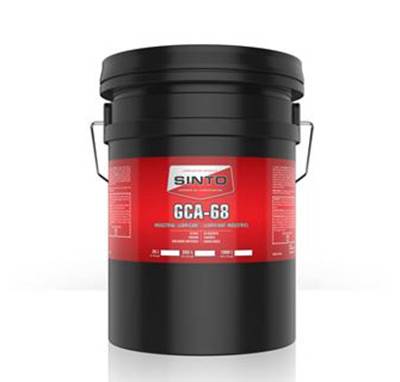Dec . 13, 2024 23:09 Back to list
pvc bar
Understanding PVC Bars Versatility and Applications
Polyvinyl chloride (PVC) is a widely used synthetic polymer that has become an integral part of various industries. Among the many forms that PVC can take, PVC bars stand out due to their versatility, durability, and ease of fabrication. In this article, we will explore the characteristics of PVC bars, their applications, manufacturing processes, and advantages.
What are PVC Bars?
PVC bars are solid or semi-solid extrusions made from polyvinyl chloride. They come in various lengths, widths, and thicknesses, making them suitable for numerous applications across different sectors. Commonly available in various colors and finishes, PVC bars can be tailored to fit aesthetic and functional requirements.
Characteristics of PVC Bars
1. Durability PVC bars are known for their outstanding durability. They are resistant to weathering, chemicals, and moisture, which makes them suitable for both indoor and outdoor applications. Unlike metal or wood, they do not corrode, rot, or warp.
2. Lightweight PVC bars are significantly lighter than many alternative materials, making them easier to handle and install. This characteristic reduces transportation costs and simplifies the manufacturing process.
3. Easy to Fabricate PVC bars can be easily cut, drilled, welded, and glued, allowing for quick modifications to meet specific project requirements. This property makes them popular in DIY projects and industrial applications alike.
4. Cost-Effective The manufacturing and processing of PVC is relatively inexpensive compared to other plastics and materials such as metals and wood. This cost-effectiveness makes PVC bars an attractive option for manufacturers and builders.
pvc bar

5. Electrical Insulation PVC is an excellent insulator, which makes PVC bars suitable for electrical applications. They are often used as support structures for electrical cables and components due to their non-conductive properties.
Applications of PVC Bars
1. Construction In the construction industry, PVC bars are often used for framing, edging, and various structural components. Their resistance to moisture makes them ideal for environments where wood would fail.
2. Furniture Manufacturing PVC bars are used in the production of modern furniture. Their ability to mimic wood grain and other finishes allows designers to achieve a desired look while benefitting from the durability of plastic.
3. Sign Making The ease of cutting and printing on PVC bars makes them a popular choice for sign manufacturing. They can be shaped into various sizes and customized with graphics, making them suitable for both indoor and outdoor signage.
4. Industrial Applications Many industries use PVC bars for creating custom tooling, jigs, and fixtures. Their durability under difficult conditions and resistance to chemicals make them valuable in manufacturing facilities.
5. Art and Crafts PVC bars are also increasingly popular among hobbyists and artists for various craft projects. They can be easily manipulated to create decorative items, props, or functional objects.
Conclusion
PVC bars represent an essential component in the landscape of modern materials. Their unique combination of durability, versatility, and cost-effectiveness makes them a favored choice across various industries. Whether in construction, manufacturing, or artistic endeavors, PVC bars continue to demonstrate their invaluable role in daily applications. As technology progresses, we can expect to see even more innovative uses and enhancements in the performance of PVC bars, solidifying their status as a go-to material for many professionals and DIY enthusiasts alike.
-
Transparent PVC Pipe: Clear Flexible Tubing for Fluids
NewsAug.09,2025
-
Durable PP Rigid Sheet: Versatile & High-Quality Plastic Panels
NewsAug.08,2025
-
Premium Glossy PP Rigid Sheet – Durable & Versatile
NewsAug.07,2025
-
High-Quality HDPE Sheet | Durable Plastic Panels
NewsAug.06,2025
-
High-Precision PVC Rigid Sheets for Vacuum Forming | AI-Optimized
NewsAug.05,2025
-
Durable PVC-M Water Supply Pipes | 60-Year Life
NewsAug.04,2025

